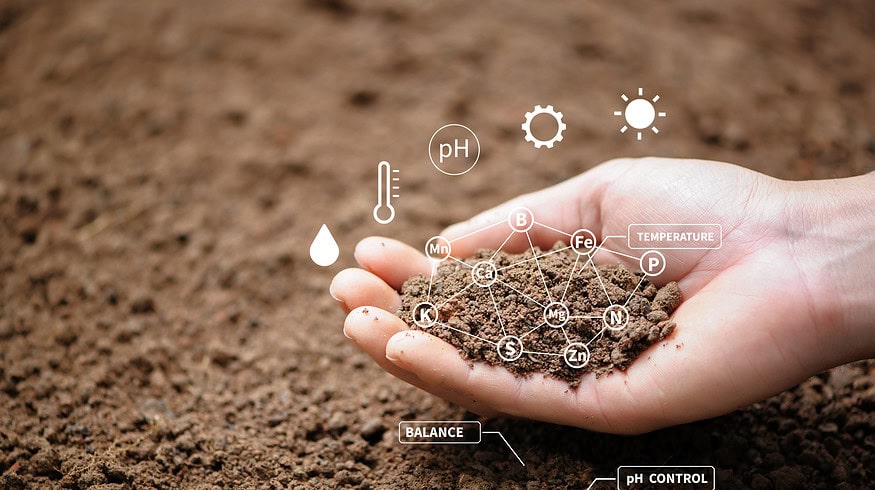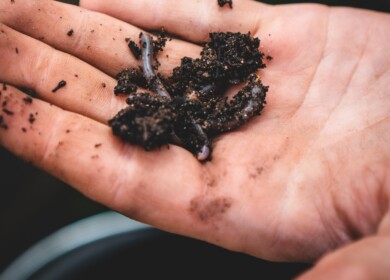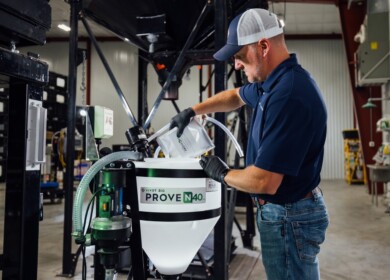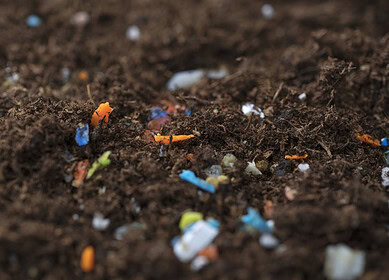Researchers say bio-based fibers may harm environment more than conventional plastics

A new study published in the journal Environmental Science and Technology suggests that bio-based fibers could pose a greater threat to the environment than conventional plastics. The research, led by the University of Plymouth and the University of Bath, involved testing the effects of conventional polyester and bio-based fibers—viscose and lyocell—on earthworms, a species vital for soil health worldwide.
The study discovered that while 30% of earthworms died within 72 hours of exposure to high concentrations of polyester, the mortality rates for those exposed to bio-based fibers were significantly higher, reaching 60% for lyocell and 80% for viscose. In another experiment with environmentally relevant concentrations, earthworms in soils containing viscose fibers showed reduced reproduction rates, and those in lyocell-enriched soils exhibited stunted growth and increased burrowing activity compared to their polyester-exposed counterparts.
These findings underscore the need for comprehensive testing of bio-based products, which are often marketed as environmentally friendly alternatives to traditional plastics. Despite their growing production and use in textiles, wet wipes, and sanitary products, these materials shed microfibers into the environment through laundry, the application of sewage sludge, and product wear and tear.
Dr. Winnie Courtene-Jones, the study’s lead author and now a Lecturer in Marine Pollution at Bangor University, emphasized the unexpected ecological impacts of bio-based fibers. “Our study reveals significant adverse effects on earthworms, underscoring the urgency of further environmental impact research before these materials are more widely adopted,” she stated.
This study’s publication coincides with upcoming United Nations discussions in Busan, South Korea, on a potential Global Plastics Treaty, signaling its timely relevance. Professor Richard Thompson, a senior author of the study, stressed the necessity of integrating independent scientific evidence into the development of sustainable alternatives to plastics. “As we address the plastic pollution crisis, it’s crucial that new materials undergo rigorous environmental testing to prevent unforeseen ecological damage,” he added.
This research is part of the broader BIO-PLASTIC-RISK project and follows earlier findings that biodegradable materials like those used in teabags can also adversely affect earthworm populations and soil health. The full study is available in the Environmental Science & Technology journal.
Enjoyed this story?
Every Monday, our subscribers get their hands on a digest of the most trending agriculture news. You can join them too!














Discussion0 comments